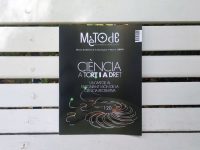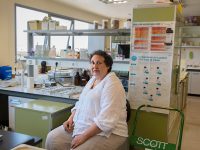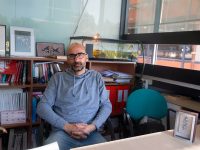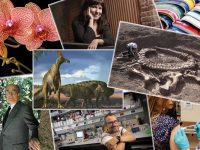Researching aquatic invertebrates
Francesc Mesquita is Full Professor of Ecology at the University of Valencia
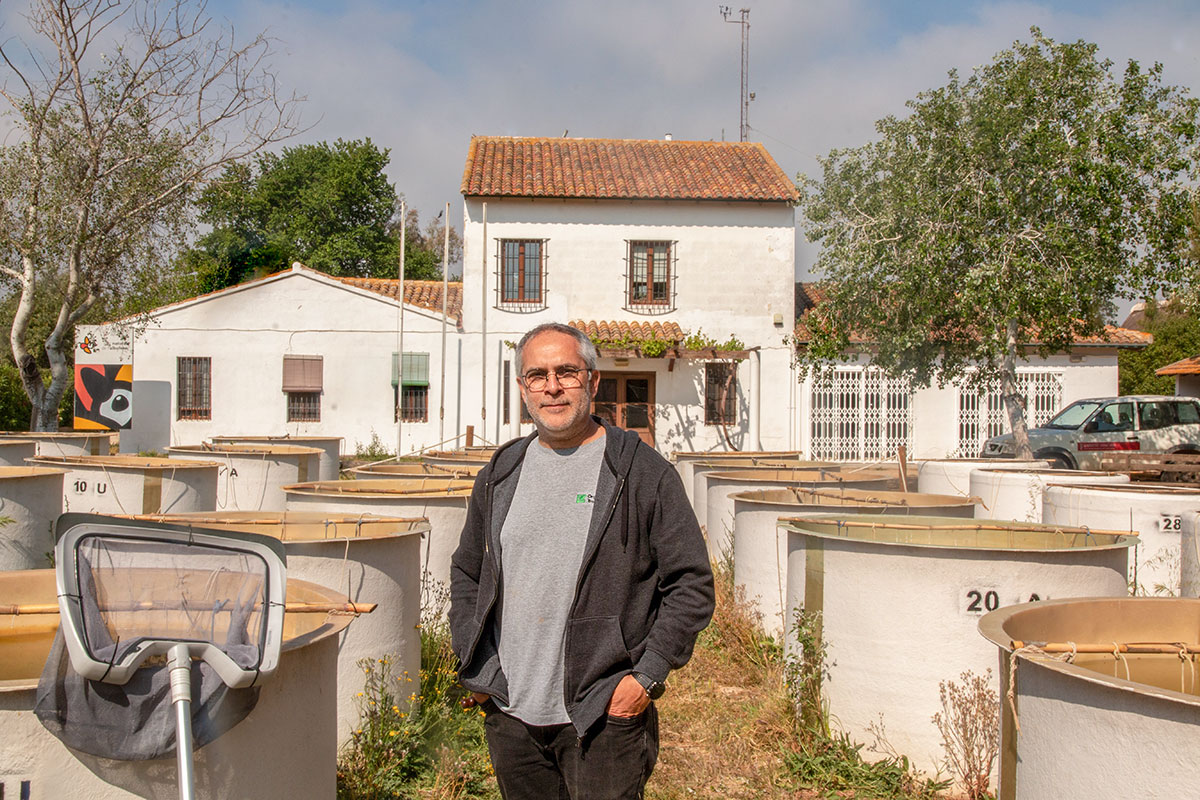
I am Full Professor of Ecology at the University of Valencia and I do research at the Cavanilles Institute of Biodiversity and Evolutionary Biology, where I work on freshwaters, mainly on aquatic invertebrates, as indicators of water quality, evolutionary and taxonomic aspects. I am also a specialist in ostracods.
My day-to-day life is usually more of an office job: I spend more hours in front of the computer than I do anywhere else, proofreading and reading. Currently, I am collaborating, among others, in a project led by Professor Antonio Camacho and researcher Andreu Rico, to study the effects of pollutants on the functioning of aquatic ecosystems, in order to help with their management and regulation. We have created mesocosms in water tanks, where we have placed insects, shrimps, zooplankton organisms, snails, macrophytes, and inoculums so that phytoplankton can develop. We first start with no pollutant, see what organisms are present, measure the different physical and chemical characteristics of the water, and then add the pollutant. After a while, we observe the effects it has on the ecosystem, including how it alters the emission and absorption of greenhouse gases.
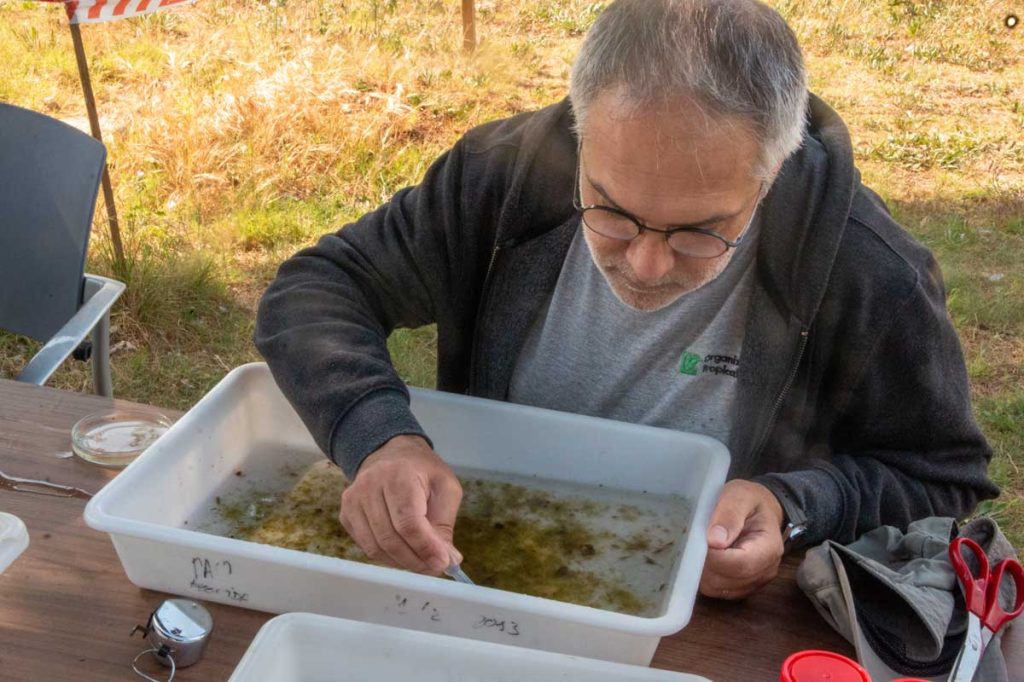
Francesc Mesquita-Joanes doing field work. / Photo: Lautaro Iglesias
The basic problem of research in Spain is underfunding and the complex bureaucracy required to carry out research. Another problem is that currently there is a very high level and many young, very capable and powerful researchers do not get a research job, and that is a shame, considering all their training and potential.
I also believe that dissemination is fundamental. There is a need for science journalism to help researchers to publicise what they are doing so that society knows where their money is going and to eradicate problems such as pseudoscience. Researchers should help people to better understand how the world works, what are the most challenging environmental problems, how to improve health issues, etc.

